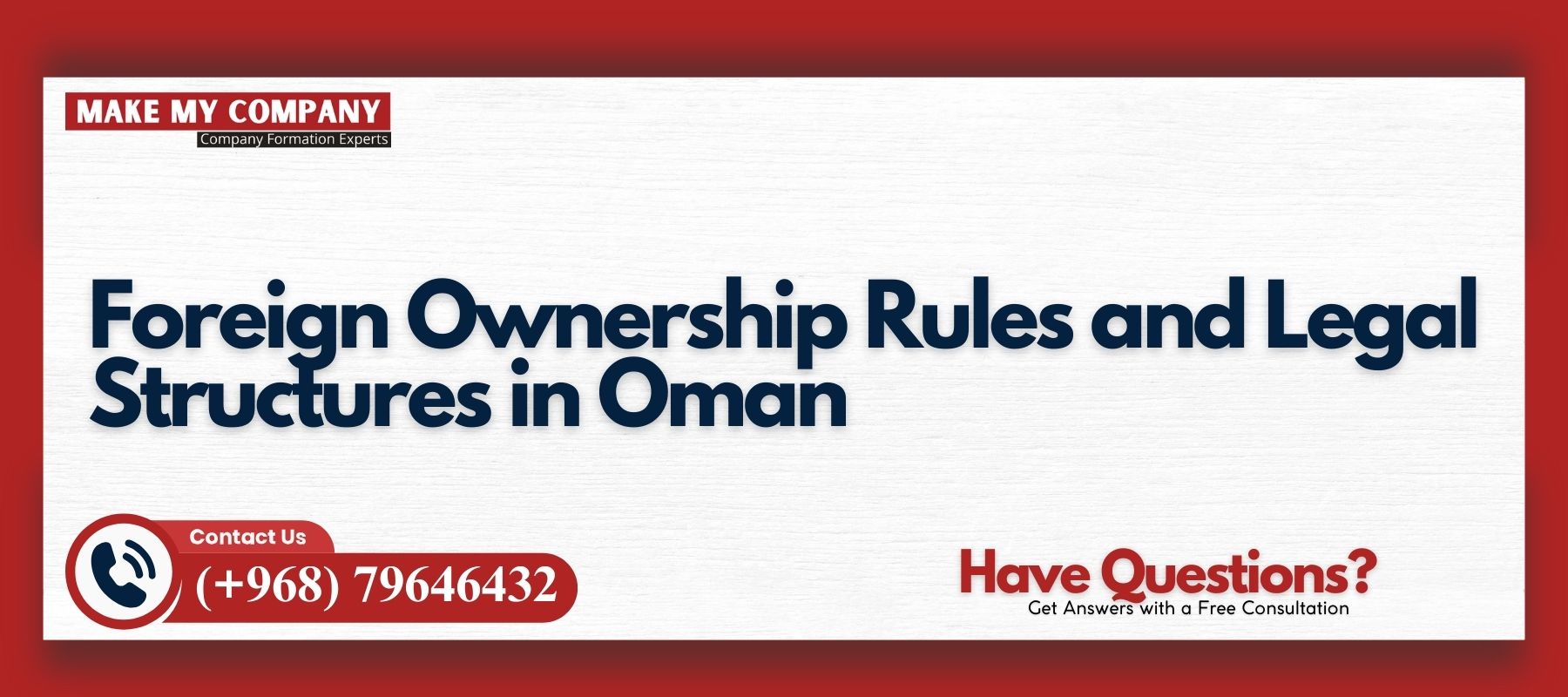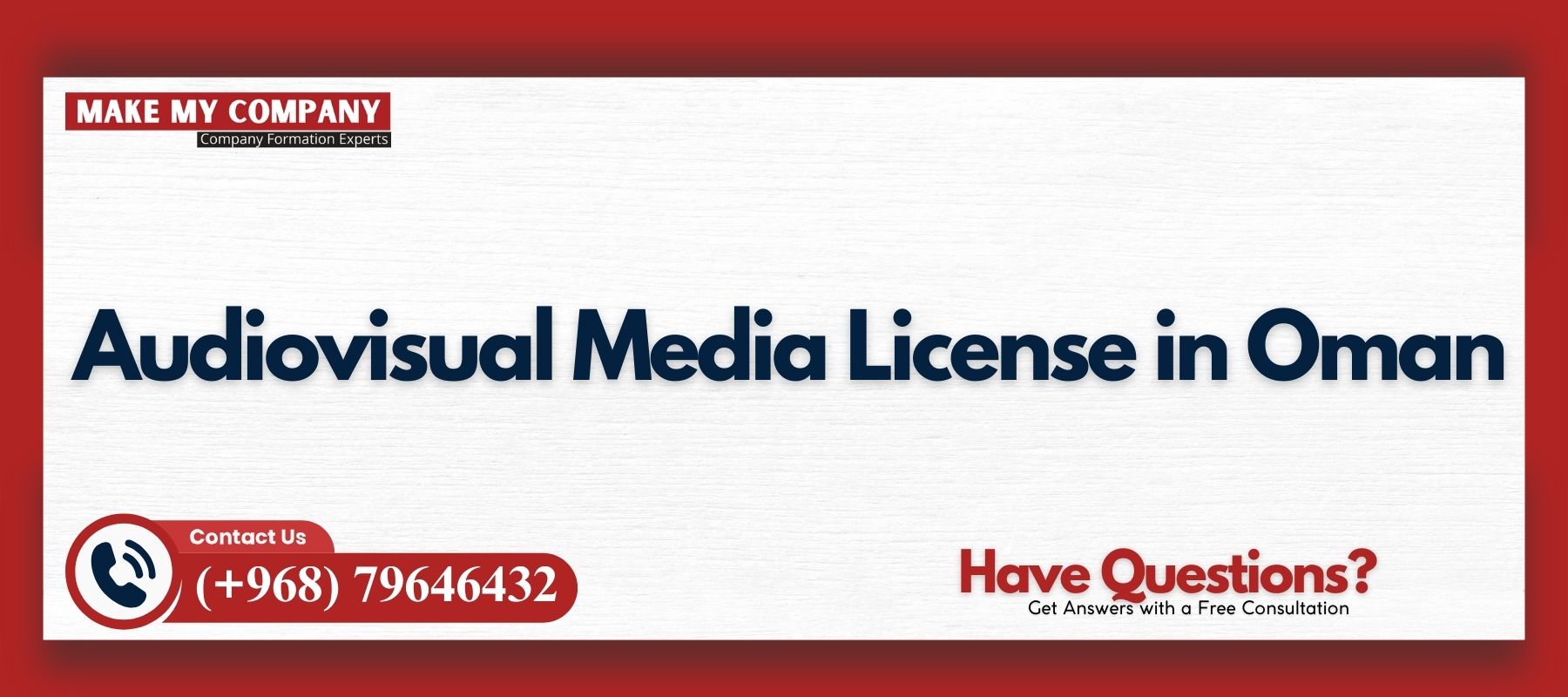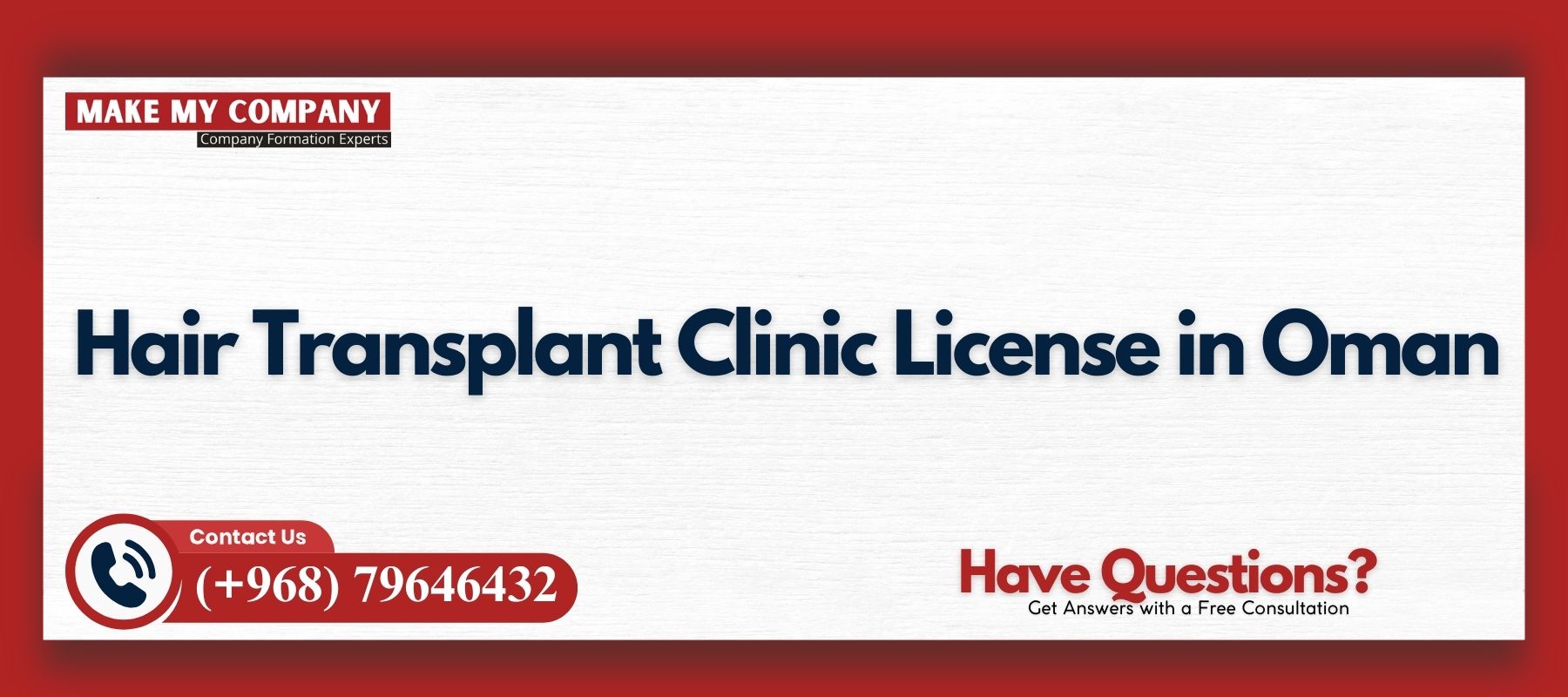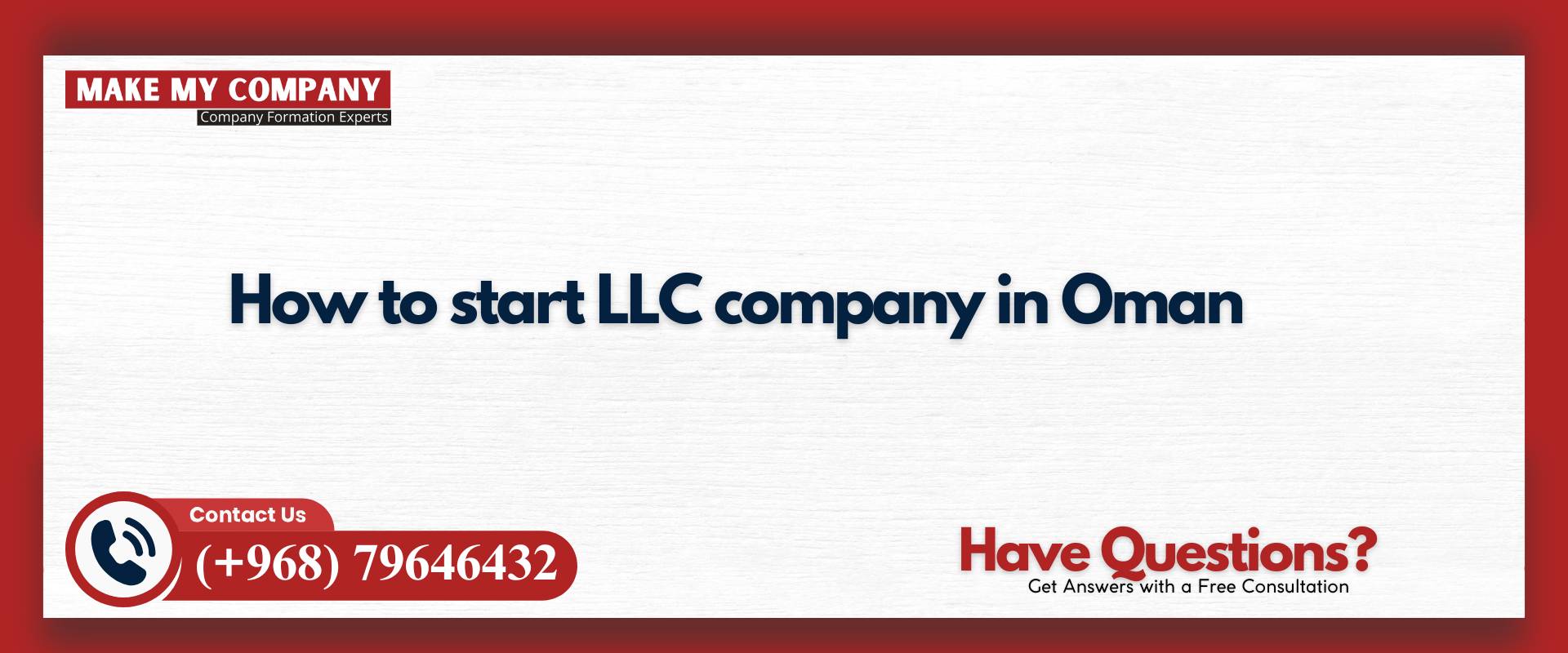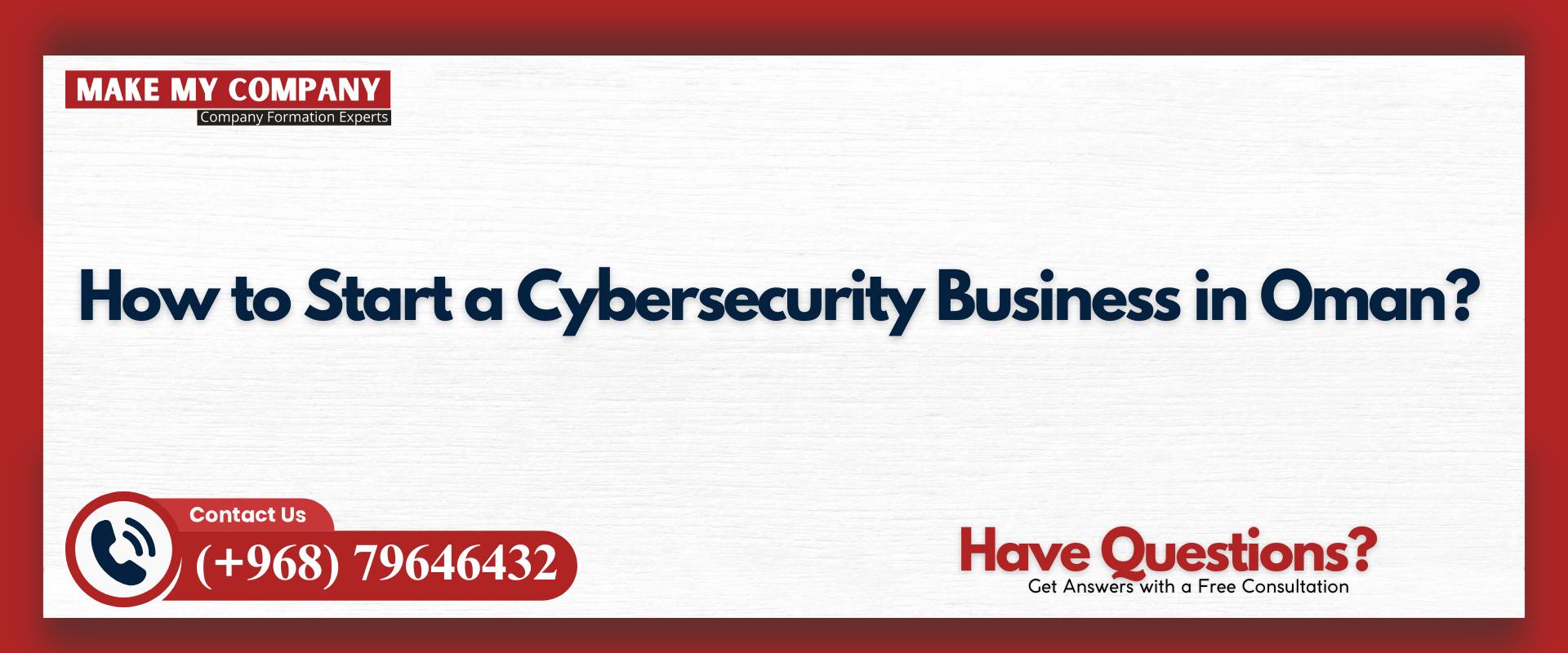Oman has steadily positioned itself as one of the most welcoming destinations in the Middle East for foreign investors. With modern business laws, simplified registration systems, and a clear push to attract international capital, the country offers a practical and stable environment for entrepreneurs and corporations alike. For anyone planning to start or expand a business in Oman, understanding foreign ownership rules and the available legal structures is essential for making informed, long-term decisions.
This guide explains how foreign ownership works in Oman, which legal entities are available, where ownership is restricted, and what compliance obligations investors must follow to operate smoothly and legally.
Table of Contents
How Foreign Ownership Laws in Oman Have Evolved
In the past, foreign investors were required to partner with Omani nationals in most business activities, often limiting control and decision-making. This approach changed significantly with the introduction of the Foreign Capital Investment framework, which removed mandatory local shareholding in many sectors.
These reforms align with Oman’s long-term economic vision to diversify income sources, encourage private investment, and create sustainable employment. Today, foreign investors can establish businesses with full ownership in a wide range of activities, provided they comply with sector-specific rules and national employment policies.
What Foreign Investors Should Understand Before Entering Oman
Before setting up a business, foreign investors should clearly understand how ownership rules interact with business activity and compliance requirements. Not every sector follows the same ownership model, and the choice of legal structure directly affects liability, taxation, and expansion potential.
While Oman offers a liberal ownership environment, it maintains safeguards through restricted activity lists, employment regulations, and licensing controls. This balance allows investors to operate independently while supporting national economic priorities.
Legal Structures Available to Foreign Investors in Oman
Oman provides several legal entity options to suit different business sizes and operational needs. Choosing the right structure is one of the most important decisions an investor will make.
Limited Liability Company (LLC)
The Limited Liability Company remains the most commonly used structure by foreign investors. In many permitted sectors, an LLC can be fully foreign-owned. Liability is limited to the shareholder’s capital contribution, making it a practical choice for small and medium-sized businesses. LLCs offer operational flexibility and are widely accepted across commercial and service industries.
One Person Company (OPC)
The One Person Company allows a single shareholder to own and operate a business in Oman. This structure is ideal for consultants, professionals, and small service providers who prefer full control without the complexity of multiple shareholders.
Joint Stock Company (JSC)
Joint Stock Companies are designed for larger enterprises and projects requiring substantial capital. They may be structured as closed or public entities, with stricter governance and reporting requirements. This structure is typically chosen by banks, industrial groups, and companies planning public offerings.
Branch of a Foreign Company
Foreign corporations may establish a branch in Oman to conduct activities aligned with their parent company’s operations. Branches are suitable for international firms executing government contracts or large-scale projects. Approval requirements are more stringent, and activities must closely match the parent company’s scope.
Free Zone Entities
Oman’s free zones, including Sohar, Duqm, and Salalah, offer full foreign ownership, customs advantages, and attractive tax benefits. These zones are particularly suitable for logistics, manufacturing, export-oriented businesses, and regional headquarters.
Partnerships
General and limited partnerships are available, but they expose partners to higher liability risks. Due to this, most foreign investors prefer LLCs or free zone structures for better protection.
Foreign Ownership of Property in Oman
Foreign nationals are permitted to own property in Oman under specific conditions. Ownership is generally allowed in designated Integrated Tourism Complexes and approved developments. Outside these zones, direct ownership is restricted, but long-term usufruct rights may be granted in certain cases.
This system encourages foreign real estate investment while preserving national land ownership policies.
Key Rules Governing Foreign Ownership
Oman’s ownership framework combines openness with regulation. Full foreign ownership is permitted across many commercial sectors, while certain industries remain restricted under a negative list. Strategic sectors such as defense, natural resource extraction, and specific media activities may require local participation or special approvals.
Digital platforms have streamlined licensing and registration, allowing faster company formation and improved transparency for investors.
Omanization and Labour Compliance Requirements
Foreign-owned businesses must comply with Oman’s national employment policies. Companies are required to employ Omani nationals according to sector-specific quotas, and at least one Omani employee is typically required within the initial phase of operations for fully foreign-owned companies.
Employers must follow the Labour Law, which governs contracts, working conditions, termination procedures, and end-of-service benefits. Compliance is monitored through labour files and periodic inspections.
Important Labour Law Provisions
Certain Labour Law articles are especially relevant for foreign employers. Provisions governing gratuity calculations, lawful termination, contract expiry, and employee protections ensure fair treatment for both employers and employees. Understanding these rules helps businesses avoid disputes and penalties.
Why Foreign Investors Choose Oman
Oman offers a combination of strategic location, political stability, and practical business incentives that appeal to long-term investors.
Its geographic position connects Asia, Africa, and Europe through major ports and trade routes, making it an efficient base for regional operations. A stable political environment and consistent economic reforms provide confidence for investors planning sustainable growth.
Free zones offer tax advantages and operational efficiencies, while strong infrastructure supports industries such as logistics, manufacturing, energy, healthcare, and technology. A growing middle class continues to drive domestic demand across multiple sectors, creating both local and regional opportunities.
Common Challenges for Foreign Investors
Despite its advantages, foreign investors must navigate certain challenges. Omanization requirements may require careful workforce planning and training investments. Some sectors remain restricted, making prior due diligence essential.
Cultural and legal differences can affect negotiations and contract enforcement, especially for businesses unfamiliar with regional practices. Ongoing compliance obligations, including audits and license renewals, require consistent attention and proper local support.
With proper planning and professional guidance, these challenges can be managed effectively.
Steps to Establish a Foreign-Owned Company in Oman
Starting a foreign-owned company in Oman follows a clear and structured process. While the system is streamlined, each step must be handled correctly to avoid delays or compliance issues.
Step 1: Confirm Business Activity and Ownership Eligibility
Before starting, investors must verify whether their proposed business activity allows full foreign ownership. While many sectors are open, some remain restricted under Oman’s negative list. Checking this early helps avoid wasted time and incorrect applications.
Step 2: Choose the Appropriate Legal Structure
Selecting the right legal structure is critical, as it affects liability, capital requirements, and future expansion. Common options include Limited Liability Companies, One Person Companies, Joint Stock Companies, branches of foreign companies, and free zone entities. The choice should align with the business model and long-term plans.
Step 3: Apply Through the Ministry of Commerce, Industry, and Investment Promotion (MoCIIP)
All foreign company registrations are handled by the Ministry of Commerce, Industry, and Investment Promotion (MoCIIP). Applications are submitted through the government’s official digital system, which allows investors to reserve trade names, select activities, and request initial approvals.
Step 4: Complete Registration via the Invest Easy Portal
The Invest Easy portal is Oman’s centralized platform for business registration. Through this system, investors upload documents, track approvals, and complete licensing procedures in a transparent and efficient manner.
Step 5: Submit Required Documentation
Applicants must provide accurate and complete documentation, which usually includes passport copies of shareholders, company formation details, a business plan outlining activities, and proof of a registered office address. Errors or missing documents can delay approval.
Step 6: Pay Government Fees and Obtain the Trade License
Once approvals are granted, the required registration and licensing fees must be paid. After payment, the trade license and commercial registration are issued, officially authorizing the company to operate in Oman.
Step 7: Register with the Ministry of Labour
Every foreign-owned company must register with the Ministry of Labour to open a labour file. This step is mandatory for hiring employees, processing work permits, and complying with employment regulations.
Step 8: Comply with Omanization Requirements
Foreign-owned companies are required to employ Omani nationals in line with Omanization policies. At least one Omani employee is generally required within the initial operational period, with additional quotas depending on the sector.
Step 9: Maintain Ongoing Compliance and Renewals
After setup, businesses must maintain compliance through timely license renewals, annual reporting, and audits where applicable. Staying compliant protects the company from penalties, operational disruptions, and license suspension.
Conclusion
Oman offers one of the most balanced foreign ownership frameworks in the region. With flexible legal structures, clear regulations, and investor-friendly policies, the country provides a strong foundation for international businesses.
By understanding ownership rules, choosing the right entity, and complying with labour and licensing requirements, foreign investors can establish and grow successful operations in Oman while benefiting from its strategic location and stable business environment.
FAQs
Can foreigners own property in Oman?
Foreigners may own property in approved developments such as Integrated Tourism Complexes.
Can a foreigner fully own a company in Oman?
Yes, full ownership is allowed in many sectors without requiring a local partner.
What business structures are available in Oman?
Options include LLCs, OPCs, Joint Stock Companies, branches of foreign companies, partnerships, and free zone entities.
Are any sectors restricted for foreign ownership?
Yes, certain strategic industries remain restricted under a negative list.
What employment rules apply to foreign-owned companies?
Companies must comply with Omanization requirements and Labour Law obligations.



